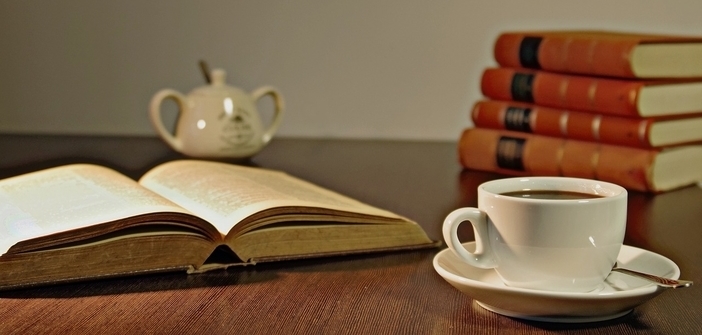This essay is both historical, by broadly outlining the history of ancient Greece, and philosophical, by addressing Aristotle’s Poetics. Readers will recall the oft-repeated phrases from our humanities studies: “know thyself.”
The being (the one who is) in pursuit of perfection, the soul imprisoned in the body (This theme will reappear during the time of the Albigensians and the Cathars.) Between virtue and nothingness; between truth and falsehood, is there a third way? Individuation: Matter/Potential; Universality: Form/Act of being. Poetics: an invention, a creation, a production.
All these questions confront us, and the author provides the keys to addressing them. It is philosophy, and the answer cannot be yes or no, black or white. Soul-man-God or God-man-Soul. The phrase reads both ways, like ebb and flow where man is the center. Man cannot find God without the soul, and the soul cannot exist without man. (Èthos anthrôpô daimôn.)
This work serves as an introduction to the knowledge and understanding of Aristotle’s wisdom. Readers will particularly appreciate the richness of the many quotations and references.
If we were to borrow from sporting language, this essay would certainly be transformed, and the transformation should offer us a thesis on Aristotle, poetics, theater, and tragedy. To conclude, we quote Sophocles: “I am going where I must go.” Yves Marie Lequin is a Dominican friar and chaplain to artists.
This is why he has associated the School of Nice, including among others Arman and Frédéric Altmann, with his philosophical essay, where, without really knowing it, these artists were in a way disciples of Aristotle. The artist in action, a valuable tool for understanding Aristotle and the School of Nice.
Thierry Jan


